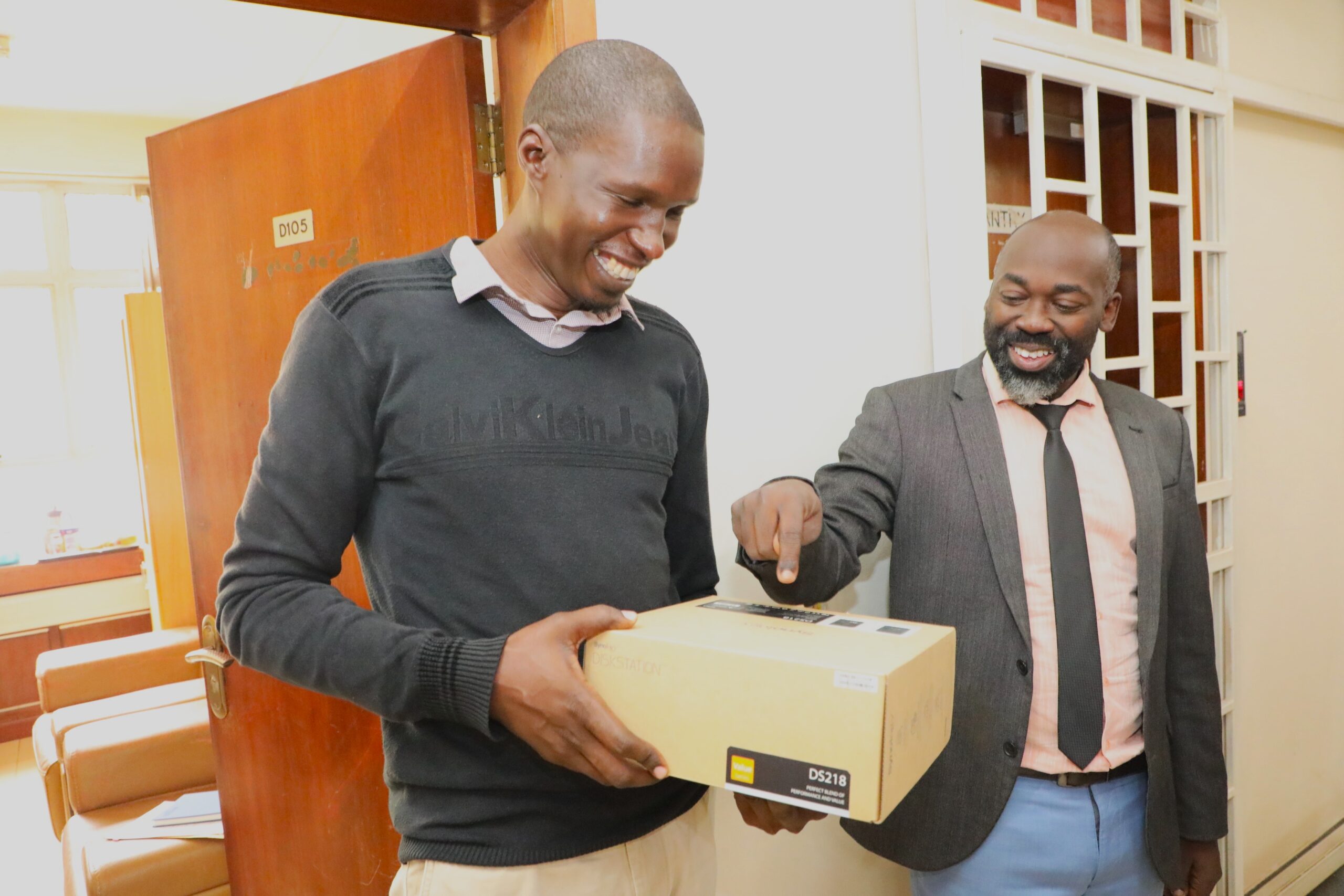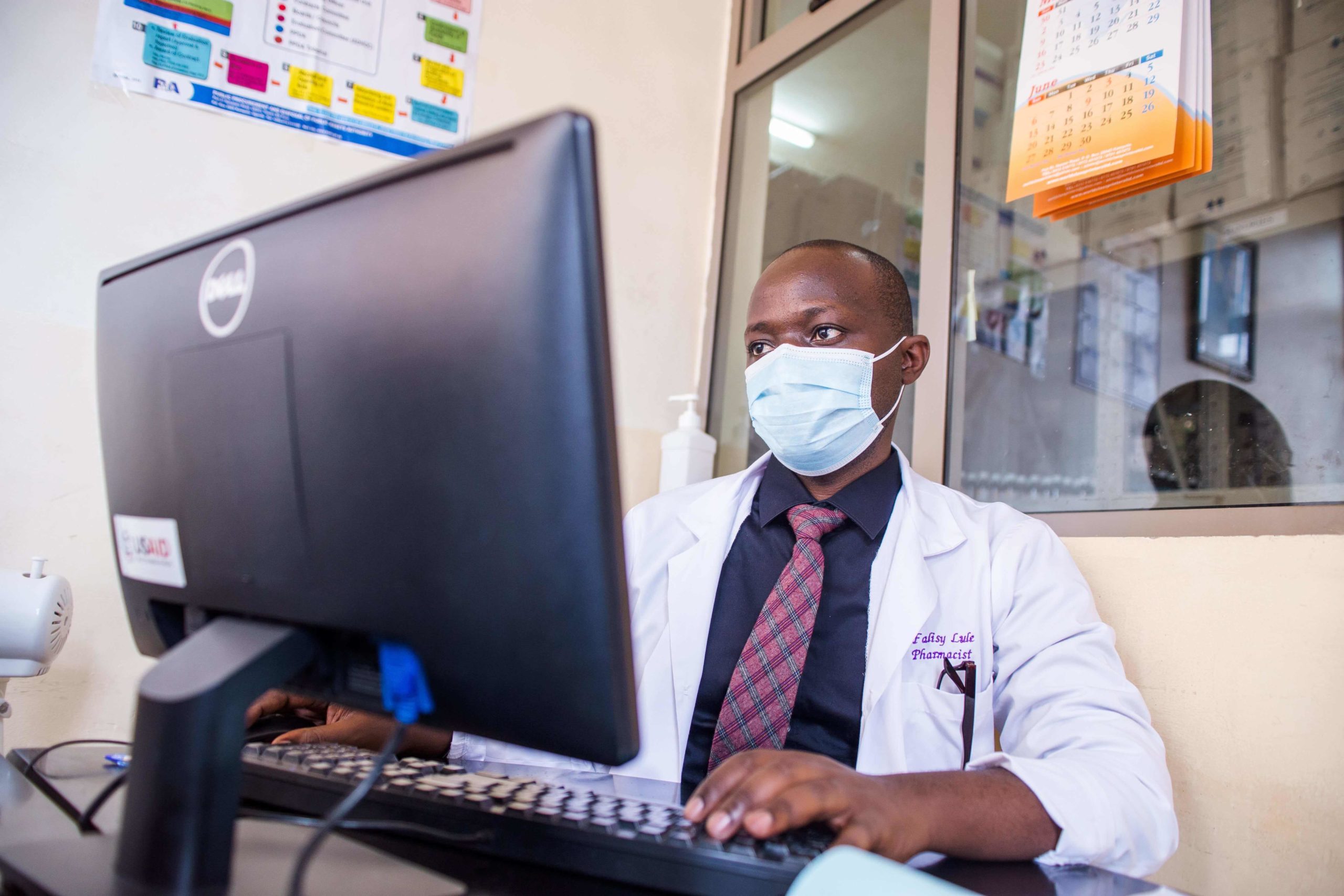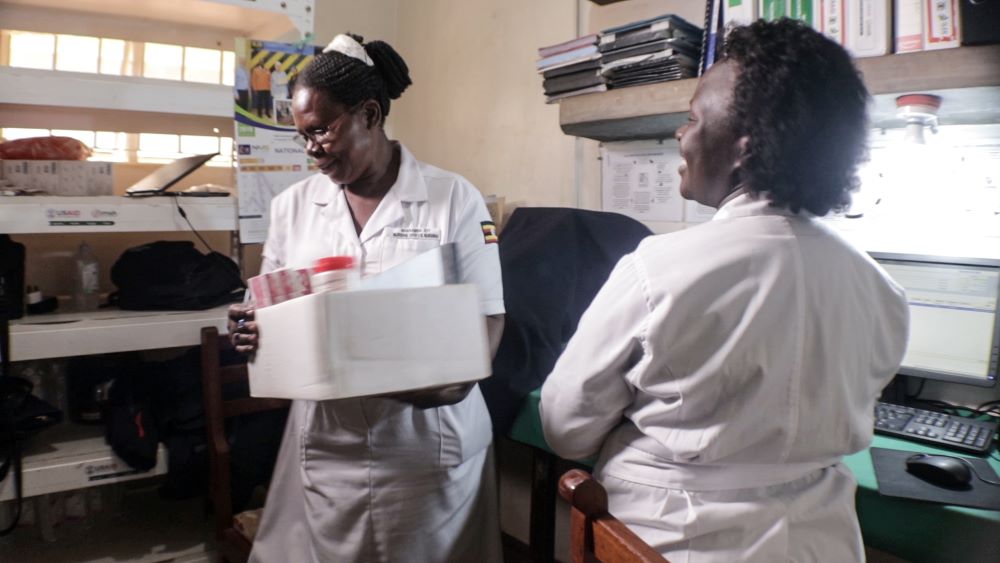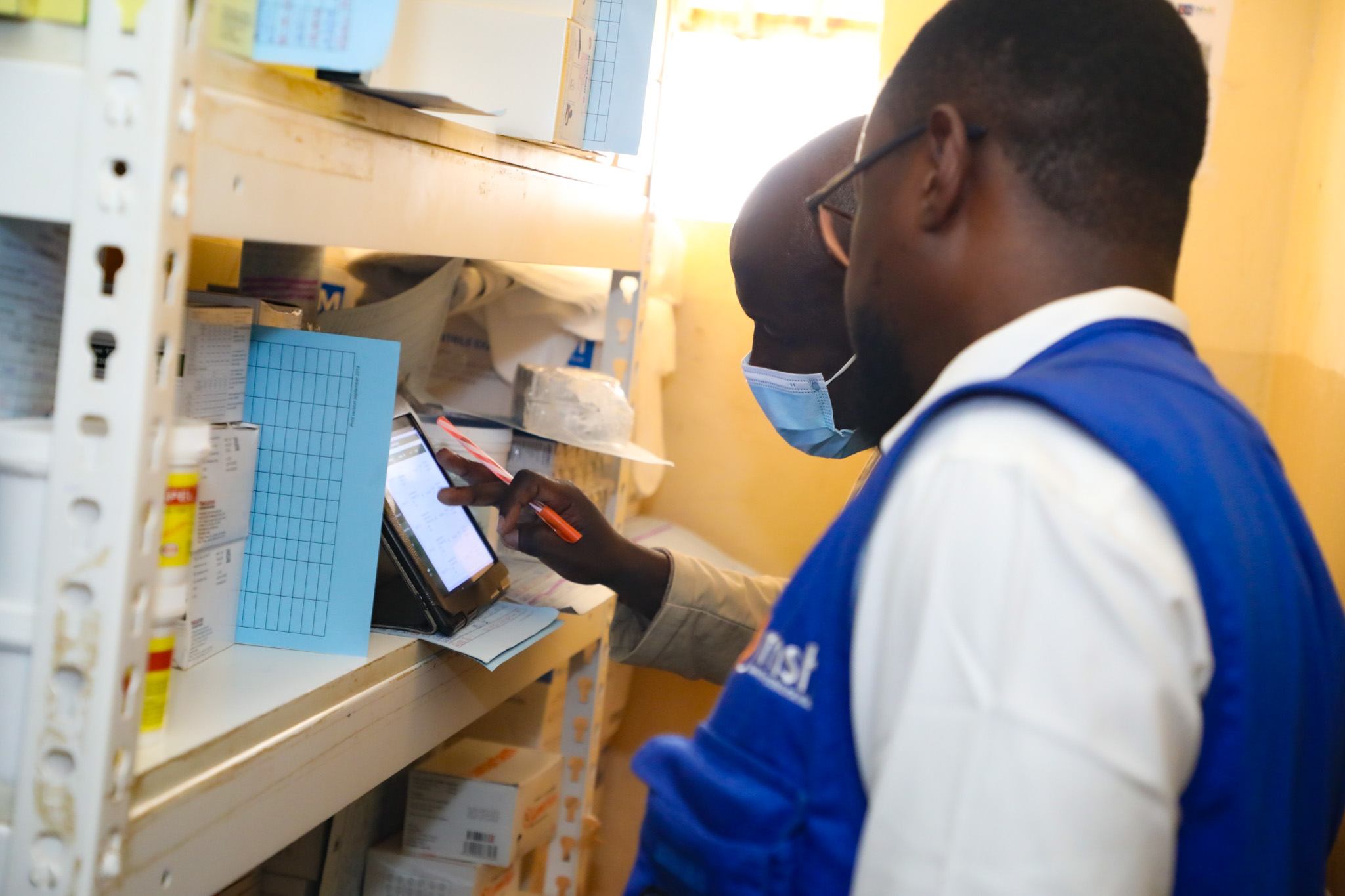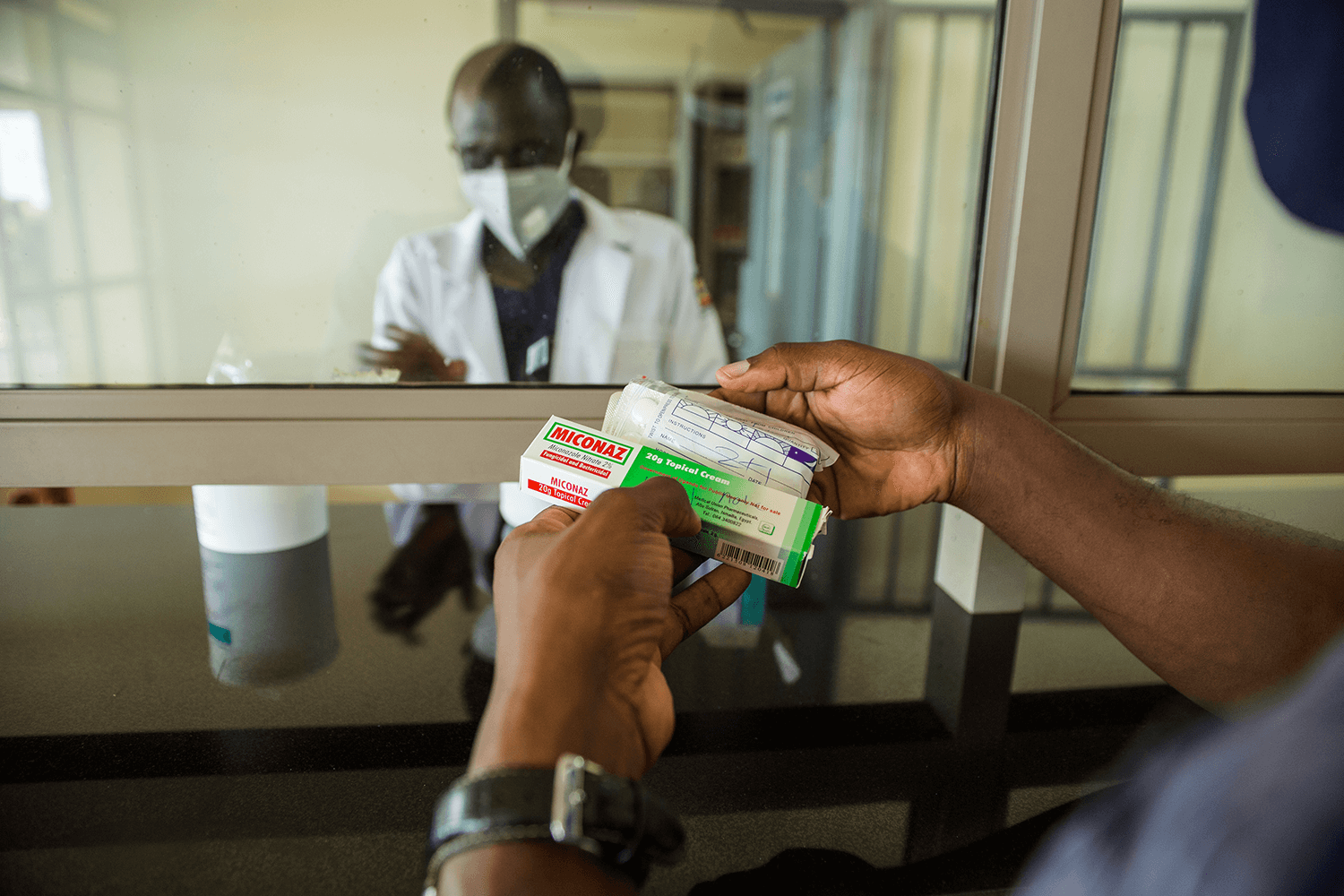Uganda Strengthening Supply Chain Systems Activity
Uganda Strengthening Supply Chain Systems Activity
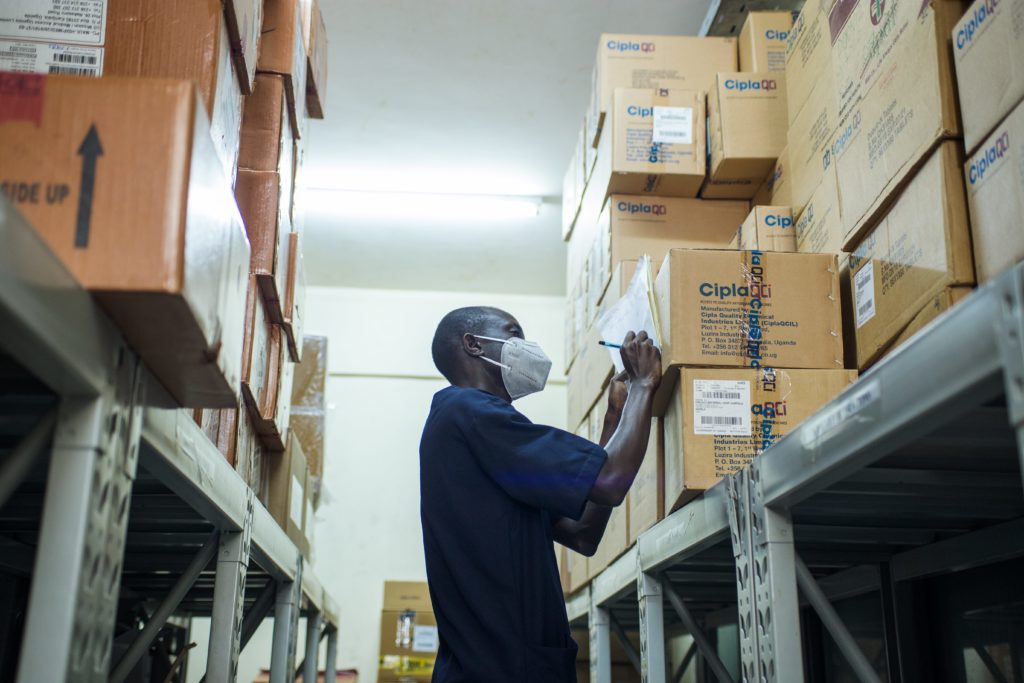
Overview
The USAID-funded Uganda Strengthening Supply Chain Systems (SSCS) Technical Assistance Activity bolstered Uganda’s efforts to enhance its health supply chain, increasing availability and access to safe, quality-assured medicines and health supplies in public and private nonprofit health facilities. Further accelerating Uganda’s journey to self-reliance, SSCS aimed to fortify Uganda’s health system to more effectively combat infectious and non-communicable diseases and improve health services and outcomes for all Ugandan families and communities.
Following the successful implementation of the Uganda Health Supply Chain (UHSC) and Securing Ugandans’ Right to Essential Medicines (SURE) projects, SSCS built upon nearly two decades of partnership with USAID and the Government of Uganda in advancing the country’s pharmaceutical sector. Under SSCS, MSH helped Uganda improve the performance of key actors throughout the supply chain; promoted transparent governance and effective, data-informed policies and regulations; and developed local capacity to foster self-reliance in managing a world-class supply chain. SSCS also provided technical assistance to all US government partners—USAID, Centers for Disease Control and Prevention (CDC), and Department of Defense (DOD)—operated at the subnational level and helped to elevate the capacity of central-level institutions and district-based entities, such as health offices, health facilities, and medical stores.
In implementing SSCS, MSH partnered with and cultivated the capacity of two local Ugandan organizations: the Uganda Healthcare Federation (UHF) and Advocates Coalition for Development and Environment (ACODE). These collaborators gradually took on increased technical and management responsibilities as part of a deliberate strategy to promote local ownership and sustainability.
Webinar Series: Promoting Local Ownership and Sustainability of Uganda’s Supply Chain System through the 10-Year Roadmap
This webinar series highlights the progress and achievements of the Ugandan government’s efforts to modernize and digitize its health supply chain to increase availability and access to safe, quality-assured medicines and health supplies in public and private nonprofit health facilities.
Webinar: Health Workforce Development through the Lens of Sustainable, Locally Led Development
In this webinar, Management Sciences for Health (MSH) discusses country partnerships in Kenya, Rwanda, and Uganda, focusing on how various health workforce interventions are taking a systems-approach to capacity strengthening in order to ensure that improvements last beyond the project cycle and are managed under the ongoing custodianship of local actors.
Digitalization of Uganda’s National Health Supply Chain System
MSH hosted the webinar, Digitalization of Uganda’s National Health Supply Chain System, on August 15, 2024, to share lessons learned and what remains to be done in the digitalization of Uganda’s national health supply chain system.
Donors & Partners
Donors
The United States Agency for International Development
Partners
Uganda Healthcare Federation
Advocates Coalition for Development and Environment
